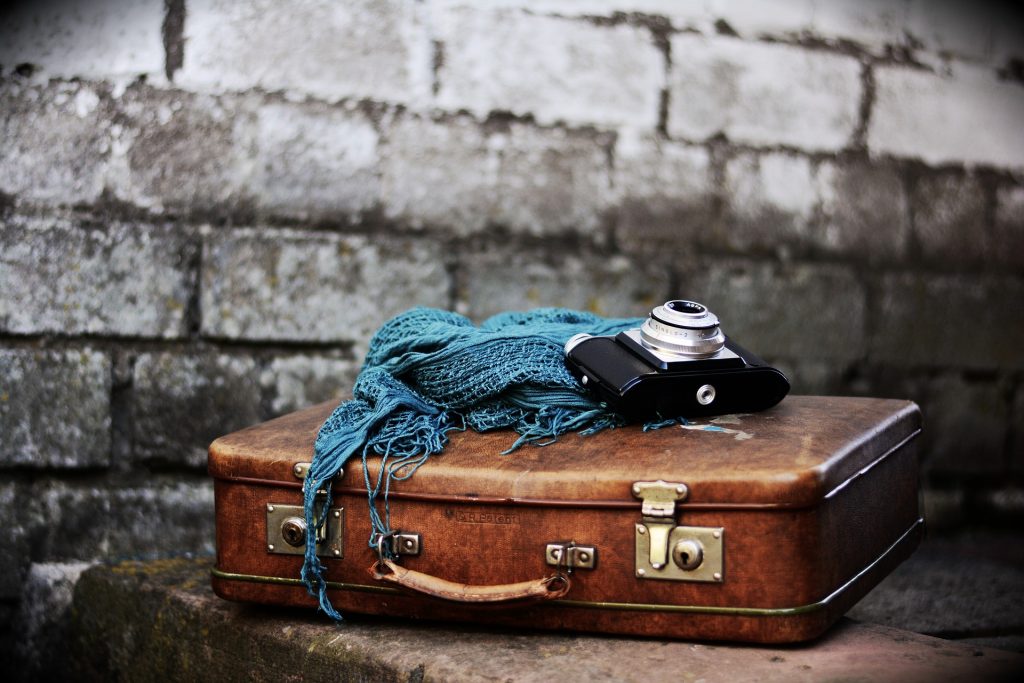This website uses cookies so that we can provide you with the best user experience possible. Cookie information is stored in your browser and performs functions such as recognising you when you return to our website and helping our team to understand which sections of the website you find most interesting and useful.

Creating the Perfect Workspace at Home
31st August 2018
The Dyson Cord-Free Vacuum From Casdon Toy Review
14th September 2018Looking After Your Money When You’re Travelling

When you’re off on a worldwide jaunt for more than a couple of months, it’s easy to forget your financial commitments back home. Unless you’ve sold your house, cancelled all your TV subscriptions and the newspapers, you’ll still have some bills to take care of. Managing your domestic finances is as important as watching your travelling money, so here’s the key aspects to attend to.

 Put your travelling money in a high-yield savings account
Put your travelling money in a high-yield savings account
Keeping your holiday money in a separate account from your “domestic” funds makes it easier to keep track of what you’re spending if only travelling expenses stay in this account. Use a high-interest savings account and transfer funds into your travelling current account when you need them. While the funds stay in the savings account, they’ll accrue interest so that you’ll get a few hundred pounds extra towards the end of the trip. Make sure the account is easy access, though – you don’t want to be paying penalties every time you make a transfer.
Keeping up with your mortgage or rent
You need to use another bank account for your mortgage or rent payment and this payment should be taken care of by direct debit so that you don’t forget it! It’s important that you leave enough in this account to cover everything, so look at this budget calculator here. One thing you don’t want is to be stung by failed payment charges while you’re away!
All your other bills
Again, automatic is the way to go if you want to pay monthly. Alternatively, you could ask your utility providers if they can offer you a discount if you pay for a year upfront. You should have saved up this amount anyway, so why not keep hold of 5% or so? Making your bill payments automatic will help you to avoid late fees and charges.
When it comes to bills, though, you should pare them down to the essentials. Get rid of your Netflix account and lower your mobile tariff to the minimum possible, or even let the contract expire when the time comes. Think about all the subscriptions and direct debits you pay – Amazon Prime and so on – and cut them out. You can easily pick them back up when you return if you want to.
Think about renting your home out if you own it
If you own your home, you could earn a bit of income by renting it out. If you’re going for a year or more, then a long-term rental contract will be best as you can find a letting agent and they can do all the organisation for you.




5 Comments
I would love to travel long term like that but it just isn’t in the cards for me. I just love the idea of being in new places all the time. Where do you travel for long periods of time? #ABloggingGoodTime
This is a really relevant post. We do have a plan to travel at some point in the future so these tips will be so useful! #ablogginggoodtime
Hey, good thoughts! We abandoned our home and life for 5 wonderful weeks back in 2010, and I think we just paid everything in advance and asked some friends to mow our lawn.
Some really great tips there, having a seperate account is a great idea as I get money jumbled up and we often then spend more than we mean to whilst on holidays. The hardest thing 9besides money0 about getting away for us is the animals and finding someone to look after them as we have quite a few.
Travelling can be fantastic and these tips are helpful #ablogginggoodtime